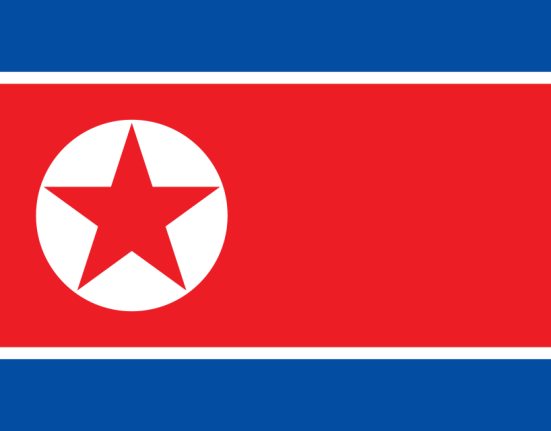The Democratic People’s Republic of Korea (DPRK) has added its voice to the growing wave of international reactions following recent tensions in the Middle East, with Supreme Leader Kim Jong-un issuing a rare and scathing rebuke against the State of Israel. In a strongly worded statement circulated by North Korean state media, Kim accused Israel of “crossing all red lines” in the region, particularly in reference to what Pyongyang has described as acts of aggression directed at the Gulf State of Qatar.
Though details surrounding the alleged incident remain murky and have not been independently verified by neutral sources, the North Korean leader’s comments appear to reference an ongoing series of regional escalations involving Israeli operations beyond its immediate borders. The mention of Qatar marks a notable development, as Doha has long positioned itself as a regional mediator and host to exiled leaders of various Palestinian factions, including Hamas.
Kim Jong-un did not mince words in his statement, warning that Israel’s alleged actions represent a blatant provocation not only against a sovereign state but also against the fragile security architecture of the broader Middle East. He further condemned what he termed as “unchecked Zionist militarism,” accusing Tel Aviv of endangering regional stability and provoking wider confrontation.
While North Korea and Qatar do not maintain deeply entrenched ties, Pyongyang has historically aligned itself rhetorically with causes and nations opposing Western influence and Israeli military expansion. The DPRK’s foreign policy posture has long been framed through an anti-imperialist lens, often supporting Palestinian statehood and denouncing Israel in global forums such as the United Nations.
Kim’s remarks are expected to stir diplomatic ripples, especially given North Korea’s limited but symbolic role in global geopolitics. Observers note that this latest pronouncement further reflects the polarisation taking root in international responses to the Israel-Palestine crisis, as more countries weigh in on recent events involving Hamas leaders, Israeli cross-border operations, and alleged interference in neighbouring states’ affairs.
As tensions continue to rise, the international community remains on edge, and the question of Qatar’s next move—alongside reactions from key global players—will likely shape the direction of diplomacy in the coming days. North Korea’s statement, while lacking direct material consequences, adds another layer of condemnation from the global South and reinforces the perception that the Middle East conflict is fast becoming a wider geopolitical flashpoint.

